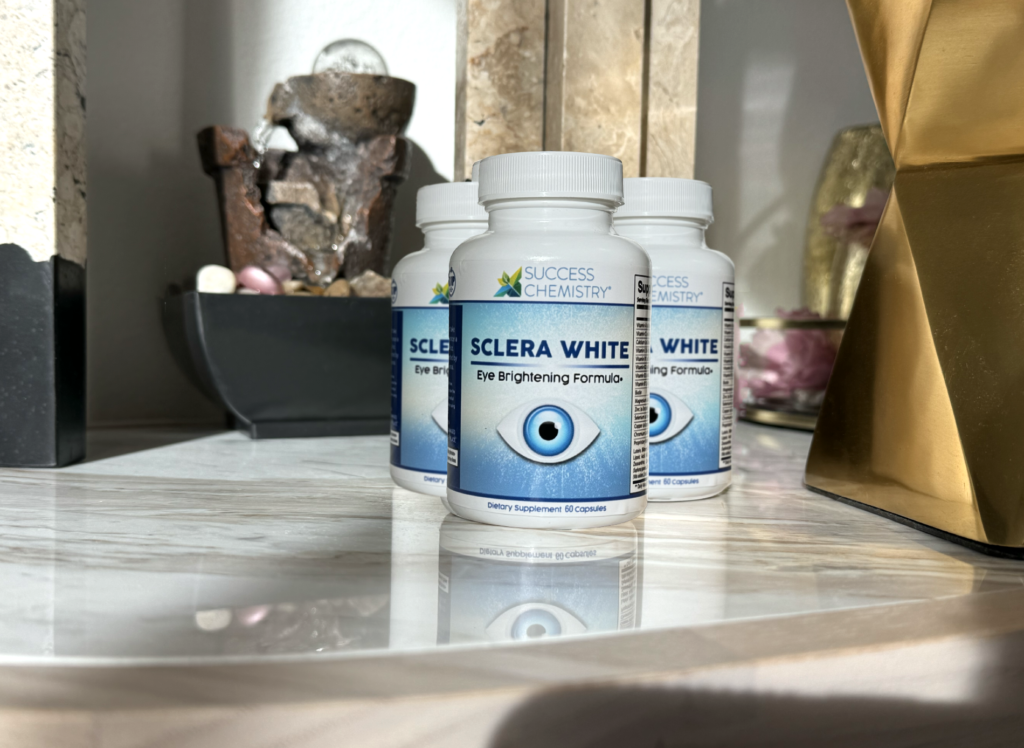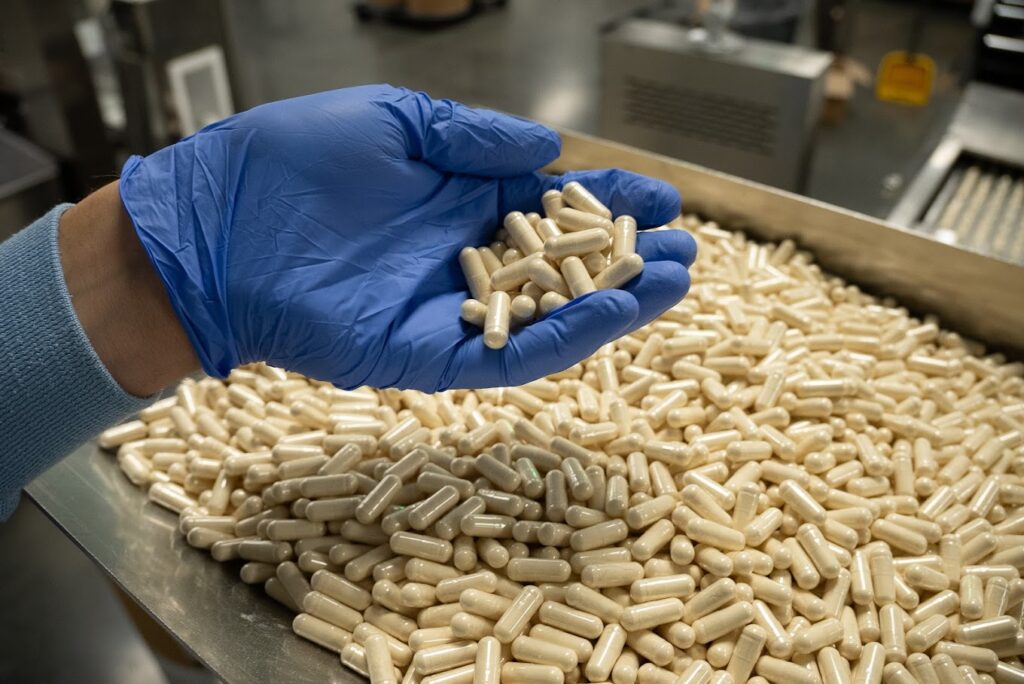A Gentle Approach to Brighter Eyes
The sclera, that pristine white part of your eyes, can sometimes lose its luster due to factors like fatigue, allergies, or environmental stressors. If you’re searching for natural ways to whiten sclera without relying on harsh chemicals or eye drops, you’re in the right place. This guide explores science-backed methods to restore that bright, healthy appearance, emphasizing nutrient-rich supplements that support eye health from within. Whether you’re dealing with redness from screen time or subtle yellowing from aging, incorporating natural strategies can make a noticeable difference.

Hydration and Lifestyle Habits for Whiter Sclera
One of the simplest natural ways to whiten sclera starts with hydration. Dehydration can lead to dry, irritated eyes, making the sclera appear dull or red. Aim for at least 8 glasses of water daily, and include water-rich foods like cucumbers and oranges to flush out toxins and maintain eye moisture. 38 Reducing caffeine and alcohol, which can dehydrate the body, further supports this effort.
Beyond hydration, protect your eyes from irritants. Pollen, dust, and smoke can cause inflammation, so using an air purifier or avoiding smoky environments helps preserve sclera whiteness. 37 Getting 7-8 hours of sleep nightly combats bloodshot eyes caused by fatigue, while limiting screen time reduces strain that contributes to redness. 39 These habits form the foundation for naturally brighter eyes.

Nutrient Powerhouses: Eyebright and Lutein for Sclera Whitening
For a more targeted approach, supplements like eyebright and lutein stand out as natural allies in whitening the sclera. Eyebright (Euphrasia officinalis) has been used traditionally for eye ailments, with anti-inflammatory and antibacterial properties that may soothe irritation and reduce redness. 47 49 Studies suggest it can help with inflamed eyes, making it a gentle option for promoting clearer sclera. 50
Lutein, a carotenoid abundant in leafy greens, acts as a natural filter against harmful light, protecting the eyes from oxidative damage that can lead to discoloration. 52 53 By boosting macular pigment, it supports overall eye brightness and may help prevent age-related changes that affect sclera appearance. 56 Daily intake of 10-20 mg through supplements can enhance visual health and contribute to whiter eyes over time.
Why Sclera White Supplement Fits Your Natural Routine
At Success Chemistry, our Sclera White Eye Whitening Vitamin Supplement combines eyebright and lutein in a clean, additive-free formula to naturally brighten your eyes. This blend targets inflammation and oxidative stress, helping you achieve that refreshed look without artificial interventions. Ideal for daily use, it’s especially beneficial if your lifestyle involves heavy screen exposure or outdoor activities. Pair it with the habits mentioned above for optimal results—users often see improved eye comfort and whiteness within weeks.

FAQs: Common Questions on Natural Sclera Whitening
Here are some FAQs to address key concerns about whitening your sclera naturally:
- What are the main causes of yellow or red sclera? Common triggers include dehydration, allergies, UV exposure, or liver issues. Addressing these with hydration and antioxidants can help restore whiteness. 37 42
- How quickly can natural supplements whiten sclera? Results vary, but many notice reduced redness in 2-4 weeks with consistent use of eyebright and lutein, especially when combined with lifestyle changes.
- Are eyebright and lutein safe for long-term use? Yes, at recommended doses; they’re well-tolerated and supported by research for eye health. Always consult a healthcare provider if you have conditions. 48 53
- Can diet alone whiten sclera naturally? Foods rich in beta-carotene and vitamin C (like carrots and spinach) support eye health, but supplements ensure consistent nutrient levels for better results. 39
- Do natural methods work for aging-related sclera changes? Absolutely—lutein helps combat oxidative stress from aging, potentially brightening the sclera over time. 52

